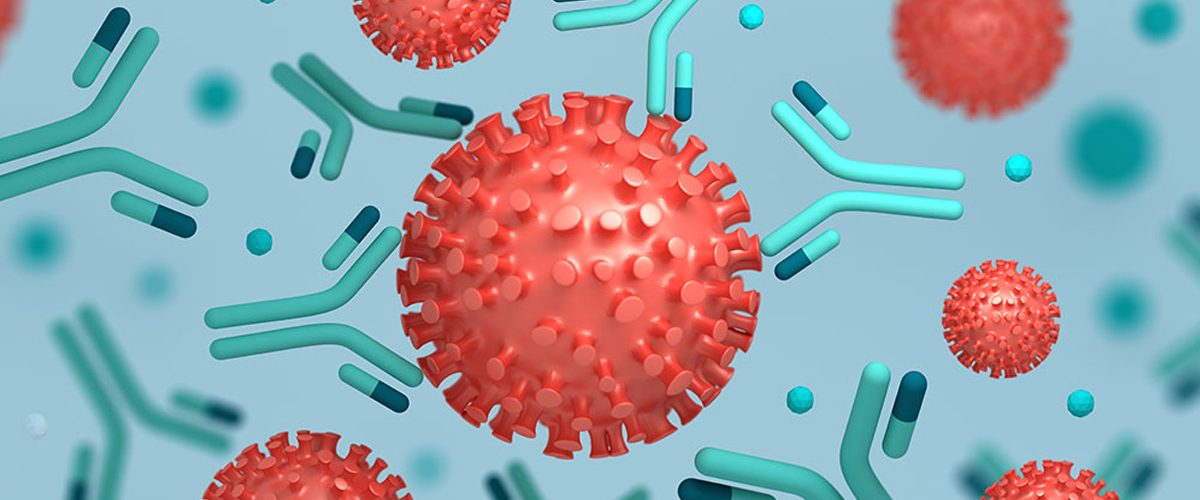Antibodies that can bind to sperm could be the most effective nonhormonal method of contraception, according to early studies in sheep as reported published paper.
Currently, most available birth control options are barrier methods or rely on hormones to prevent fertilization of an egg—both of which have drawbacks, such as discomfort or side effects, that make them less than ideal for some people.
A team of researchers affiliated with a host of institutions in the U.S. generated antibodies that recognize an antigen unique to human sperm. When delivered topically to the reproductive tracts of sheep, the antibodies successfully bound and trapped more than 99.9 percent of introduced human sperm.
Co-author Samuel Lai, Ph.D., professor in the Division of Pharmacoengineering and Molecular Pharmaceutics at the University of North Carolina at Chapel Hill (UNC) told in an interview that,
The possibility of harnessing antibodies for contraception has been known for decades. Early on, investigators focused on developing contraceptive vaccines, due in part to the exorbitant costs of manufacturing antibodies. However, those approaches largely failed due to the variable antibody response that can quickly wane over time, as well as poor control over reversibility.
The author of the study, protein engineer, and immunologist, Bhawana Shrestha while describing the function of anti-sperm antibodies, wrote that “Although tests in humans are needed, these [antibodies] may offer women another alternative to hormonal contraception.” She further explains in her paper that, “Sperm must swim through mucus and ascend to the upper [female reproductive] tract to reach and fertilize the egg. Typically, only [about] 1 percent of the ejaculated sperm enter the cervix, even fewer arrive at the uterus, and only dozens of sperm (out of the ~200 million in the ejaculate) reach the neighborhood of the egg.” But it is well known, that it takes only single sperm to initiate pregnancy.

The to-date known contraceptive methods like hormonal contraception come with devastating side effects like weight gain, mood swings, depression, and loss of or low libido. But that isn’t all, the list can go as far as causing health risks like increased risk of blood clots and breast cancer. So many women are either not willing to try these hormonal methods or chose non-hormonal options, that sometimes can even be irreversible. The biggest barrier to the development of new non-hormonal options is the lack of funding and priority to this matter.
The author explains in her paper that some women with immune infertility let their bodies produce anti-sperm antibodies in their reproductive tract, which traps the sperm inside mucus, and doesn’t let it reach the egg. They used the same antibodies and engineered a set of souped-up antibodies by adding multiple ‘binding fragments’ to enhance the sperm-binding properties. These antigens can only target the sperms and can’t affect female cells because of their specificity, which makes them the safest and most effective.
Shrestha said that
intravaginal rings (IVR) that afford steady release of [antibodies] over a duration spanning the fertility window in most women to create a contraceptive product akin to the NuvaRing but without the hormone. We are actively pursuing the development of an IVR that can release these [antibodies] and anticipate insights to emerge in the years ahead.
This new immunocontraception method could be the new most easy and unpleasant contraception option for females, with the benefit of rapid return to fertility when needed unlike any other options available.
















Add comment